
G20 Summit: India’s Vision of “One Earth, One Family, One Future”
Fri, 21 Apr 2023 | Reading Time: 4 minutes

From 1st December 2022 to 1st September 2023 the G20 summit will be held by India. The G20, 2023 is India’s opportunity to introduce the world to various topics that will shape the future world. From the emerging global south to the changing geopolitical equations post covid world, boosting the technological advancements in the financial sector. The G20 summit in India has to discuss various problems and offer much to this multilateral world including reformed re-engagement in multilateralism. The G20 holds a lot of value in the field of international relations. Ambassador Mohan Mishra, professor at the OP Jindal University said in an interview that “A joint statement by the G20 has its entire weight of 80% world GDP and 60% world population. Just the fact that the UNSC is so paralyzed that you can say that the G20 document is the representative of the contemporary power realities of the world today.”
RUSSIA-UKRAINE CONFLICT
The Russia-Ukraine conflict has cast its shadow all over the G20. This conflict has been a reality check for many of us, the belief that there will not be any further wars in the future has been proven false. When both parties have a trust deficit and the conflict of interest does not subside, escalation is imminent. The onus of respecting each other’s sovereignty cannot be only on one party alone. The G20 summits can provide an opportunity for both parties to kick-start diplomatic dialogue which has been left cold. The Russian Foreign minister and the American Secretary of State met on the sidelines of the G20 Foreign Ministers meeting in India. This showcases various opportunities for political leaders to meet and discuss important issues on the sidelines of multilateral summits. India is the only country that has emerged as a truly neutral state throughout the situation and can be a fair mediator. To take on the mammoth task of brokering a peace deal can be a testimony to India’s soft power.
GLOBAL SUPPLY CHAIN DILEMMA
Around 75% of the international trade happens between the G20 member countries. Therefore, the G20 holds great weight in discussing global supply chains. The global supply chain consists of all the major economic activities from manufacturing to distribution. The pandemic made the demand for medical, pharma, and consumer products move vigorously as COVID-19 waves hit various countries. As a result, prices of various commodities like food, fuel, clothing, and fast-moving consumer goods (FMCGs) rose and brought inflation in many countries. To tackle such issues in the future, the G20 members must come together to form more advanced and diversified supply chains. The unprecedented challenges posed by the pandemic have caused the world to focus on regional supply networks than on bilateral supply chains. India along with the G20 members can build a strategy to develop regional network clusters, the Production Linked Incentive (PLI) scheme of the government of India can incentivize these regional supply chains. Although to build a more attractive destination for industrialists, India needs to simplify the bureaucratic procedures for setting up their factories and companies.
India’s vast coastline and island territories can prove to be a major logistics hub for the global supply chain to work efficiently. Minilateral groupings like the QUAD and I2U2 (India, Israel, UAE, USA) can play a critical role in strengthening the supply chains across the globe and developing regional supply chain clusters. India has built a fairly successful digital infrastructure that can be used to increase connectivity, provide real-time monitoring, and efficient administration with green solutions for environmental protection while building reformed and effective supply chain ecosystems.
GLOBAL FINANCIAL ARCHITECTURE
The primary objective of G20 is to better the global financial architecture and not to discuss the political or security issues in the world. The G20 was formed initially to avoid structural failures post the Asian Financial Crisis. Hence, the structure of G20 is built in two ways, one is the financial track and the other is the Sherpa track. The central bank governors and the finance ministers of the member states of G20 meet in summits to discuss the health of the global financial architecture and mitigate any foreseeable problems. This includes providing credit to developing countries to build the necessary infrastructure for socioeconomic development.
Post-pandemic, states across the world announced huge financial stimulus packages to recover their economy, provide relief to their citizens, cushion the impact of the pandemic, and prepare the ground for future COVID-19 waves but this action has led to the crisis of increasing debt. Debt and financing-related topics are closely associated with political leadership, socioeconomic conditions, and the ability of the state to gather financial and economic intelligence and analyze the trends of their economy. Failure to do so causes states to fall into a crisis like increased debt or worse, they may fall into “debt-trap diplomacy”. Thus, providing sound intelligence to countries on the profitability of any project is consequential in fighting rising unsustainable debt. In this regard, the United States has launched the Blue Dot Network in 2019. The Blue Dot Network is expected to serve as a globally recognized evaluation and certification system for roads, ports, and bridges with a focus on the Indo-Pacific region. India too should contribute to the Blue Dot Network as debt-trap policies impact Indian security and that of its peripheries too, instances like the Hambantota port, and the ever-increasing Chinese presence in the Indian Ocean Region by agreements conducted via debt-trap diplomacy are wake-up calls for India.
Lastly, the G20 can provide advanced physical and social infrastructure for assisting developing countries. India can contribute in this case as it has credible experience in providing low-cost vaccines and effective delivery of generic medicine to all classes of people, providing green energy solutions like International Solar Alliance which ultimately assists countries to reach their Sustainable Development Goals (SDGs). These objectives will be in line with India’s G20 presidency slogan of “one earth, one family, one future”.
Disclaimer
The opinions expressed in this article are the author’s own and do not reflect the views of Chanakya Forum. All information provided in this article including timeliness, completeness, accuracy, suitability or validity of information referenced therein, is the sole responsibility of the author. www.chanakyaforum.com does not assume any responsibility for the same.
Chanakya Forum is now on . Click here to join our channel (@ChanakyaForum) and stay updated with the latest headlines and articles.
Important
We work round the clock to bring you the finest articles and updates from around the world. There is a team that works tirelessly to ensure that you have a seamless reading experience. But all this costs money. Please support us so that we keep doing what we do best. Happy Reading
Support Us




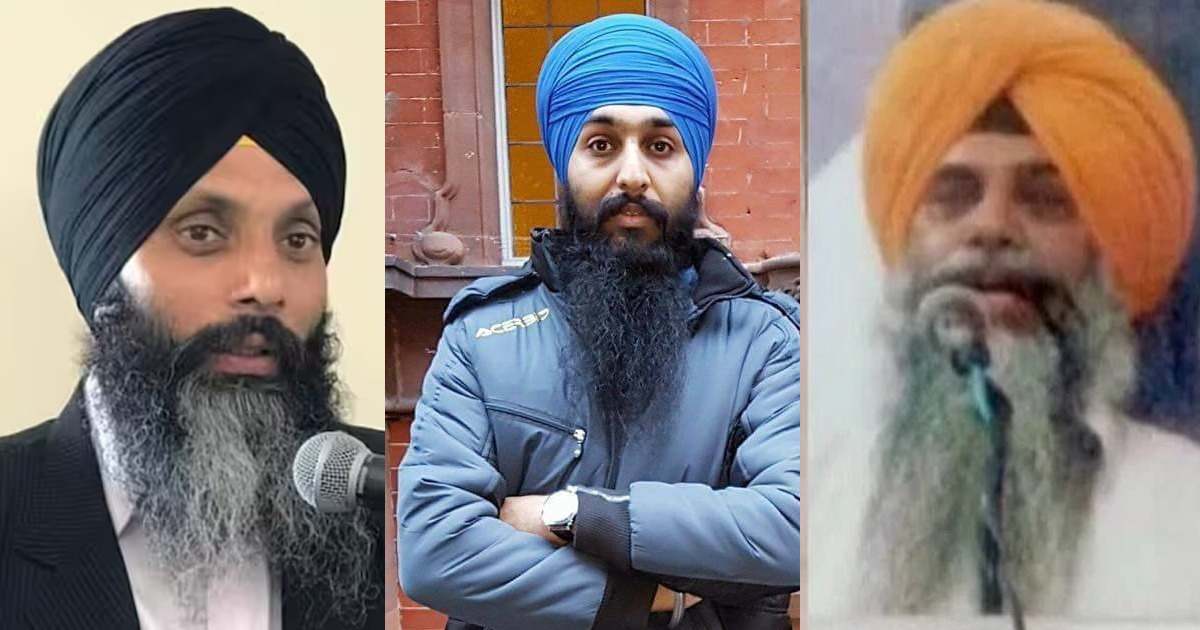
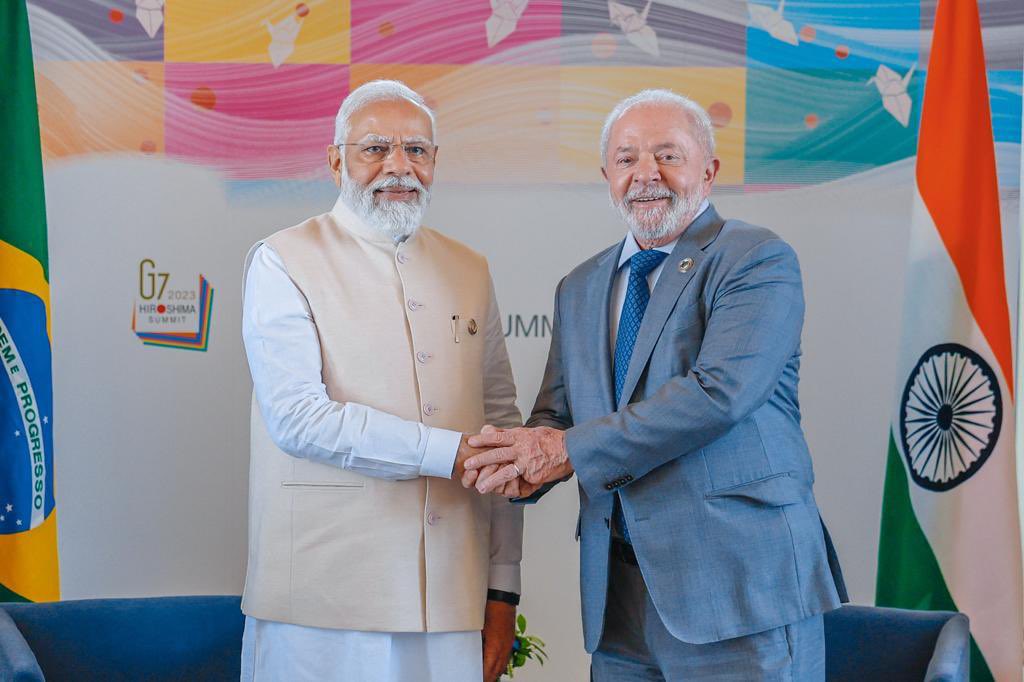

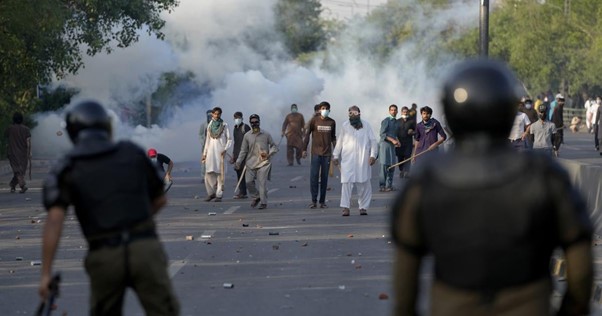

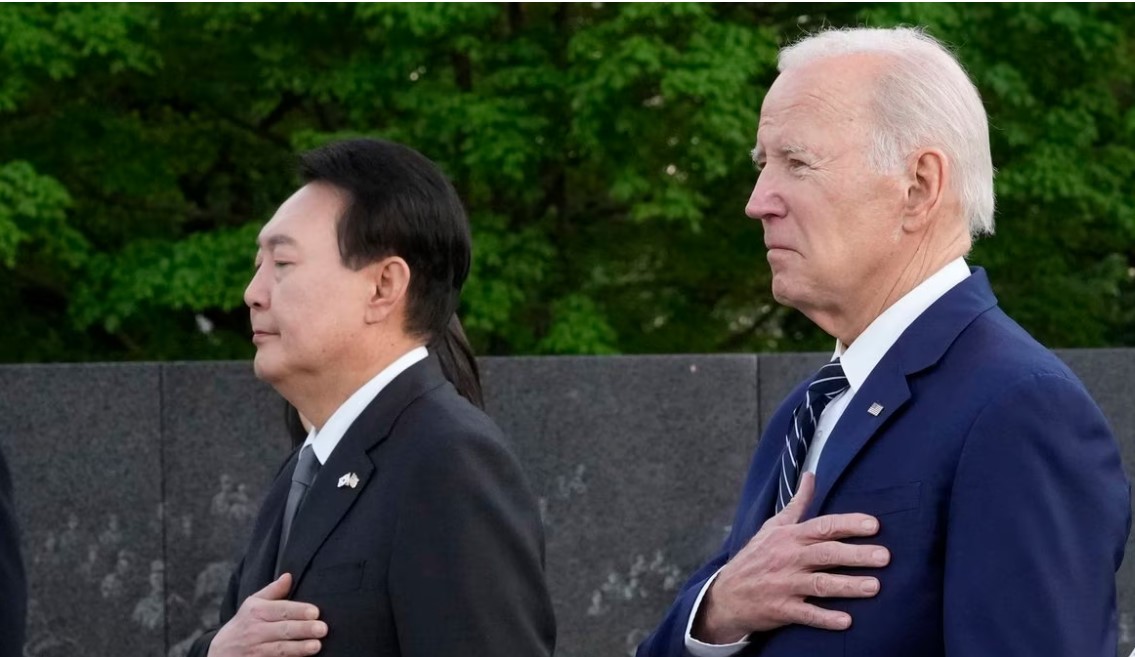

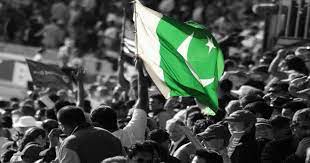
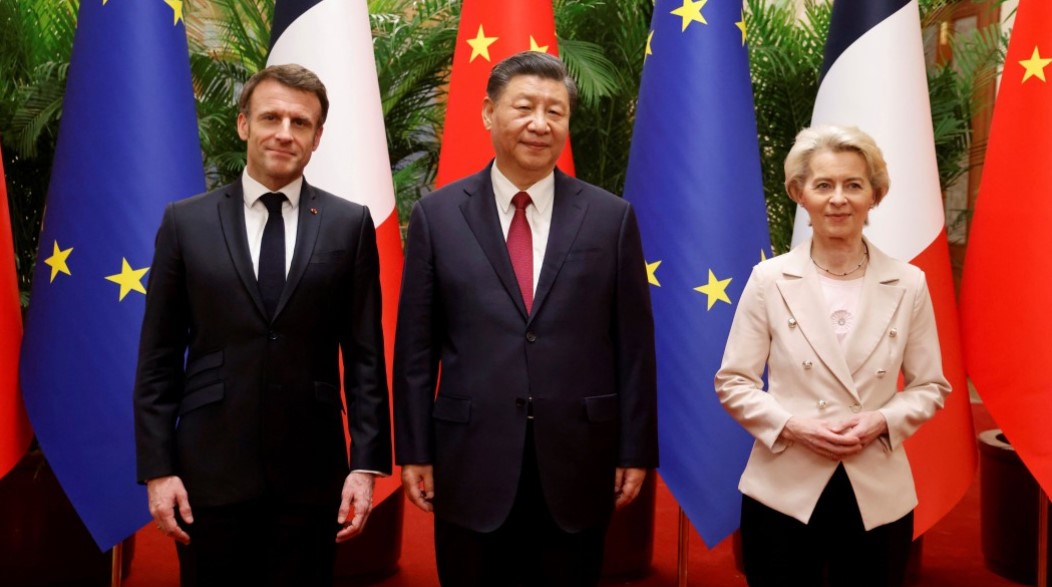
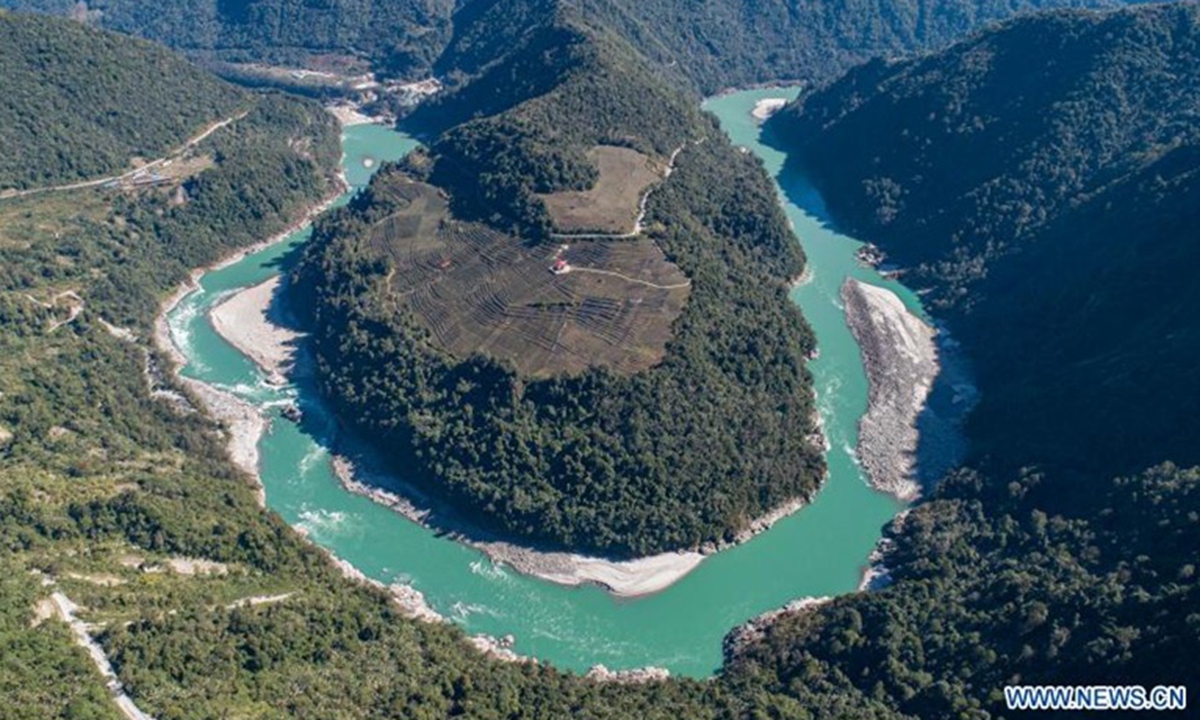






POST COMMENTS (0)